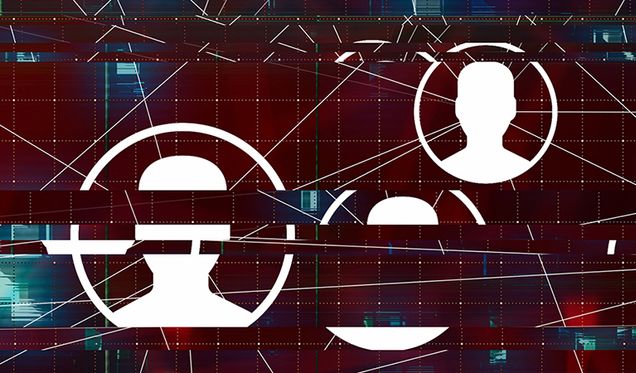Computational Methods to Measure and Mitigate Weaponized Online Information

Wed@Hariri: Meet Our Fellows Series
Gianluca Stringhini, Assistant Professor, Electrical and Computer Engineering, ENG
When:
Wednesday, December 11, 2019
Networking and refreshments 3:30pm-3:45pm, talk 3:45pm-5:00pm
Where:
Photonics Building, 8 St. Mary’s Street, Room PHO 339
Abstract:
The Web has redefined the way in which malicious activities such as online harassment, disinformation, and radicalization are carried out. To be able to fully understand these phenomena, we need computational tools able to trace malicious activity as it happens and identify influential entities that carry it out. Developing such approaches, however, is challenging for a number of reasons, from the difficulty of getting a comprehensive view of what happens on the Web, to the need of processing and making sense of heterogeneous information like images and videos. In this talk, I will present my efforts on developing tools to automatically monitor and model malicious online activities such as coordinated aggression campaigns, state-sponsored disinformation, and the sharing of extremist material online. I will then discuss possible mitigations against these harmful activities, keeping in mind the potential unintended consequences that might arise from suspending offending users. The computational tools presented as part of this talk can enable scholars from a number of disciplines to develop new theories about malicious activity carried out on the Web, providing a significant contribution to society.
 Bio:
Bio:
Gianluca Stringhini is an Assistant Professor in the Electrical and Computer Engineering Department at Boston University. Before joining BU, he was faculty at University College London. Gianluca works in the area of data-driven security, analyzing large datasets to better understand complex malicious online operations and developing mitigation techniques to fight them. He was awarded a Facebook Secure the Internet Grant in 2018, a Google Faculty Research Award in 2015, the Symantec Research Labs Fellowship in 2012, and multiple Best Paper Awards, including one at IMC 2018. He has published in top security conferences such as CCS, NDSS, and USENIX Security, as well as top measurement and Web conferences such as IMC, ICWSM, and WWW.